When I started my photography business almost three years ago, I was fairly lost on what I needed to even start this endeavor. There were so many resources out there, so many different types of cameras, lenses, and so many different opinions. I just want to preface this post by saying, yes, there is a quality difference in your final product in terms of grain, lighting, colors, etc, but you can be a damn good photographer and practice so many things with your iPhone or whatever camera you currently have. Once you’re in the place financially to take a leap and move into the camera space, definitely do it. That being said don’t feel like you need to have the gear to get started.
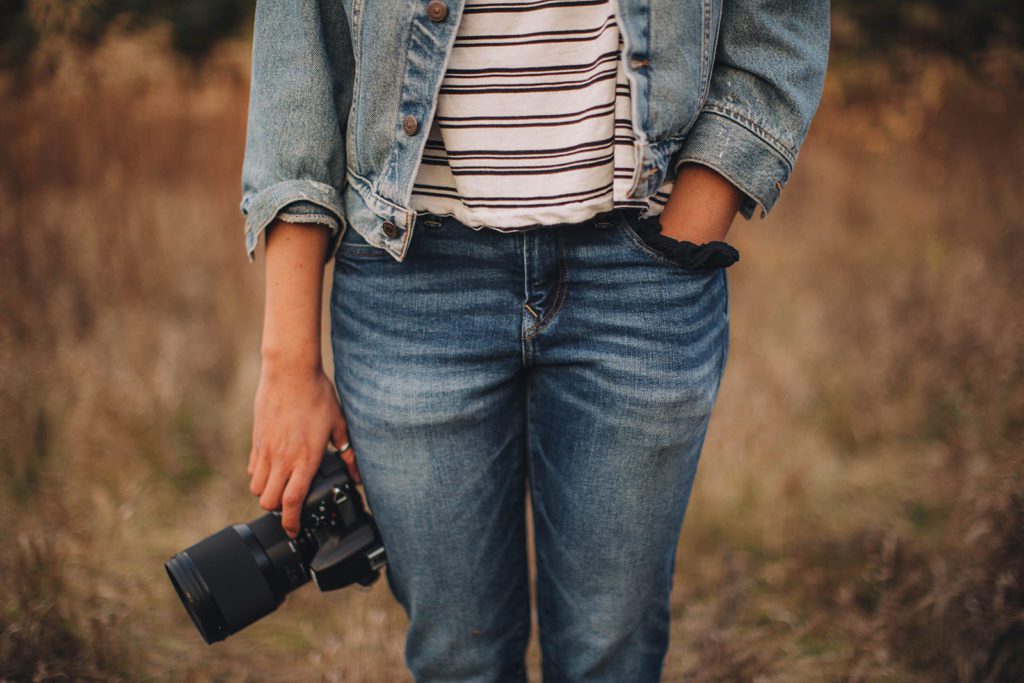

Camera
If you’re thinking about taking the leap into photography you’re going to need a camera to start. There are SO many cameras on the market and so many options. So first take a moment and think about your budget and your current level of experience. I started my business with my Nikon D3200 I had to purchase for a college course my freshman year. It is very much a starter camera. I LOVED this camera and though it is a starter camera, it took some damn good photos.
These starter cameras are great cameras to learn on. Start by taking photos of family and friends at lower rates until you save up enough to purchase a professional-grade camera (any full-frame camera).
Starter cameras I love
Lenses
Honestly, more important than the camera body is the lens that you use. A lot of cameras come with “kit lenses” which is in most cases an 18-55mm lens. This lens is a good starter lens, it has a LOT of versatility, but also a lot of limitations. For example, its low light capabilities are extremely low. There isn’t a ton of depth of field, and sometimes can have some image distortion.
If you have the budget for it and are hoping to get into portrait photography, I recommend purchasing one of these lenses in the brand of your camera body.
35mm 1.8 – The Nikon version of this lens was my ride or die for a long time. It is a great lens for portraits, has a great depth of field, and can be used for most portrait sessions.
35mm 1.4 – If you have the budget for this lens, I promise you will never take it off your camera. I primarily shoot on prime lenses, I prefer to move with and around my clients overusing a zoom lens. This lens really is my go-to lens, it rarely leaves my camera body.
24mm-70mm 2.8– Thinking you might want to rely on the zoom a bit more as you’re learning photography? the 24-70mm lens is a go-to for a LOT of professional photographers. For portraits, intimate weddings, or even larger scale weddings, this lens is a workhorse and can serve a LOT of your needs whether you’re taking portraits up close or snapping photos of guests at cocktail hour.
There are SO many lenses out there all great for a variety of different purposes. If you’re looking to purchase a lens, I recommend trying the lens out beforehand. There are so many great companies to rent lenses from one of my favorites is Borrowed Lenses. They ship the lenses right to your door and are very much affordable. I almost always rent a 70-200 lens for my Catholic Church weddings and Borrowed Lenses never disappoints.
Memory Cards
As you’re starting to take photos of clients you’re going to need to make sure you have enough memory cards to take and then store your photos until you deliver them. I exclusively shoot on Sandisk Extreme Pros. They are super reliable and fast, I have yet to have one crap out on me yet, but it does happen. Depending on how often you are taking pictures at the beginning, if you are taking photos for others and charging for the photos, you’re going to want a couple of these cards.
You will want more than one card for a couple of reasons. One, you want to have a backup card with you at your sessions. These cards do wear out or fail every once in a while. It is important that you have a backup on you at all of your sessions in case you fill the card, or the card stops working for some reason.
Number two, if you are taking photos for a lot of clients in a short period of time, you’re going to need a lot of cards to make sure you can keep up with the number of photos you’re taking.
I do not clear out my memory card until I have delivered the gallery to my client. This ensures that one, I don’t lose the photos and two that I have backups of the files saved in a place other than my external hard drive. These photos are people’s memories, and you are the only person that has copies of them in a lot of cases! Make sure to keep them safe until you deliver them over to your clients.
A Delivery System
If you’re delivering photo files to your customers, you’re going to need a way to do this. When I first started my business I still had a school dropbox account. I LOVE DropBox because it is super easy to use, a lot of clients are familiar with dropbox and how it works, and then it is great with handling large-scale files.
If you’re ready to take the next step though and are delivering more than a couple of files to friends or family every month, I recommend taking the leap into a gallery delivery platform. There are two platforms that dominate the photo industry currently and are beyond easy to use.
Pic-time – I have always used Pic-Time to deliver my client galleries and I personally love it. I have zero complaints. It has a beautiful interface for my clients to view and choose their favorite photos. You can set up an online shop to allow your clients to print directly from their galleries and there is a slideshow option to really elevate your client experience.
Pixieset – I don’t have much experience with Pixie set, though I know a LOT of photographers that swear by it. Pixieset offers a lot of the same features that Pic-Time offers at a comparable price. Make sure to read through all of the offerings that each platform has to find the one that is best for you!
Time
I know this seems like a silly one but it’s true. If you would like to start a photography business and really start to get it going, you’re going to need a lot of time. In my first year of business, I put in hundreds of hours of free work. Whether it was sessions, messing around with my camera to learn and master its settings, or figuring out the best way to email clients. There are SO many different aspects to a photography business, and if you’re ready to get started, you have to be ready to sacrifice time to do so.
Here are some of the many free sessions I did within my first year of business, to master my camera as well as gain experience in posing and the business side of photography!
Looking for more tips on starting a photography business? Check out the resources section of my website for more tips and tricks!


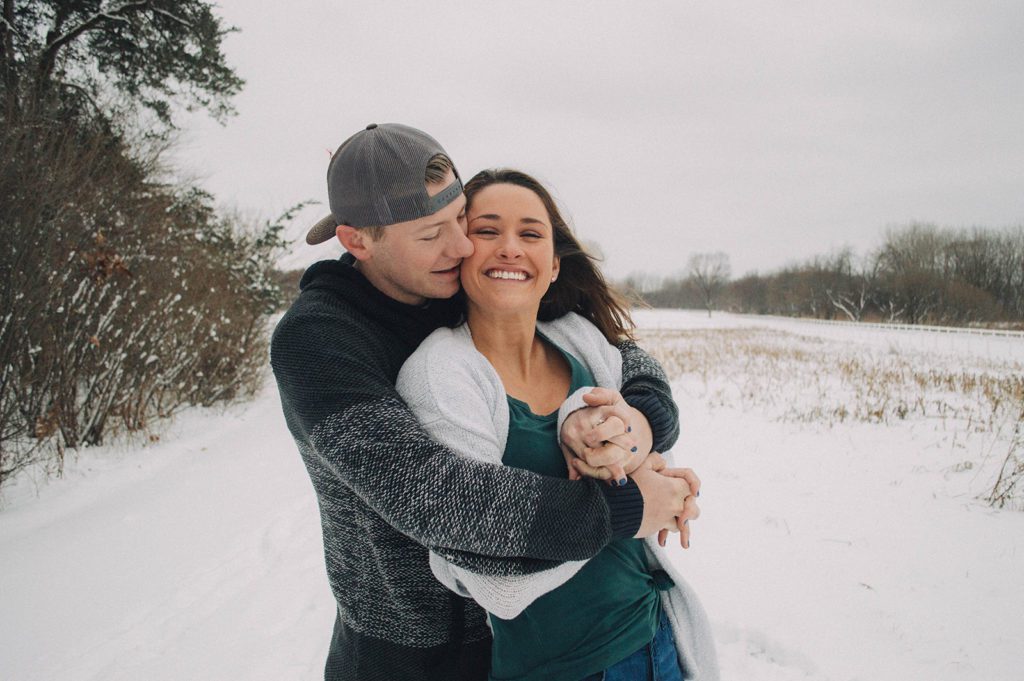

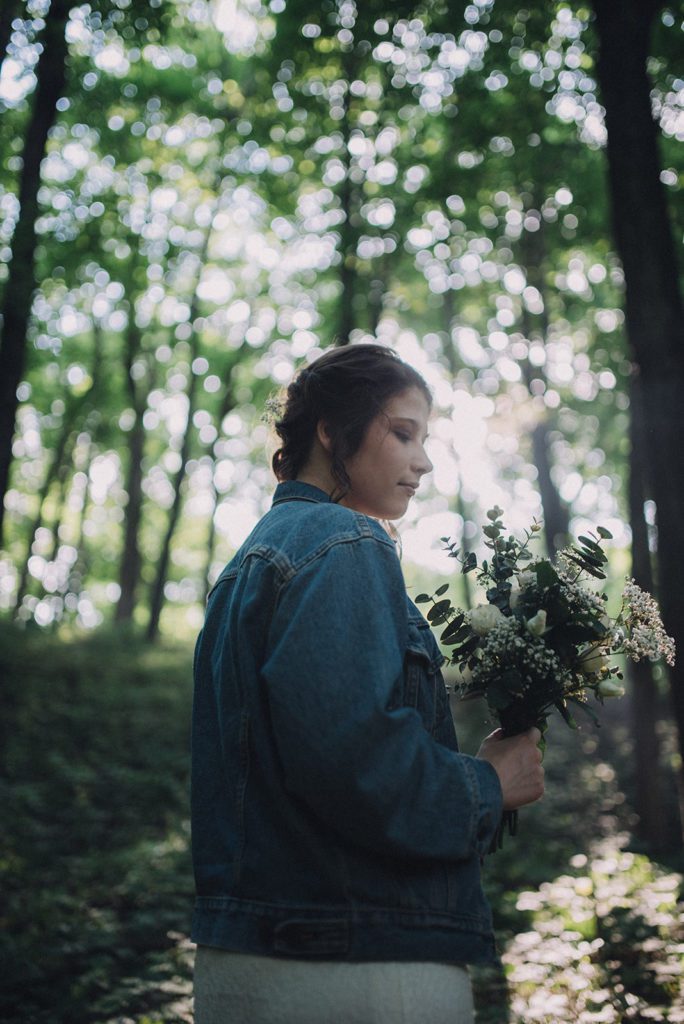

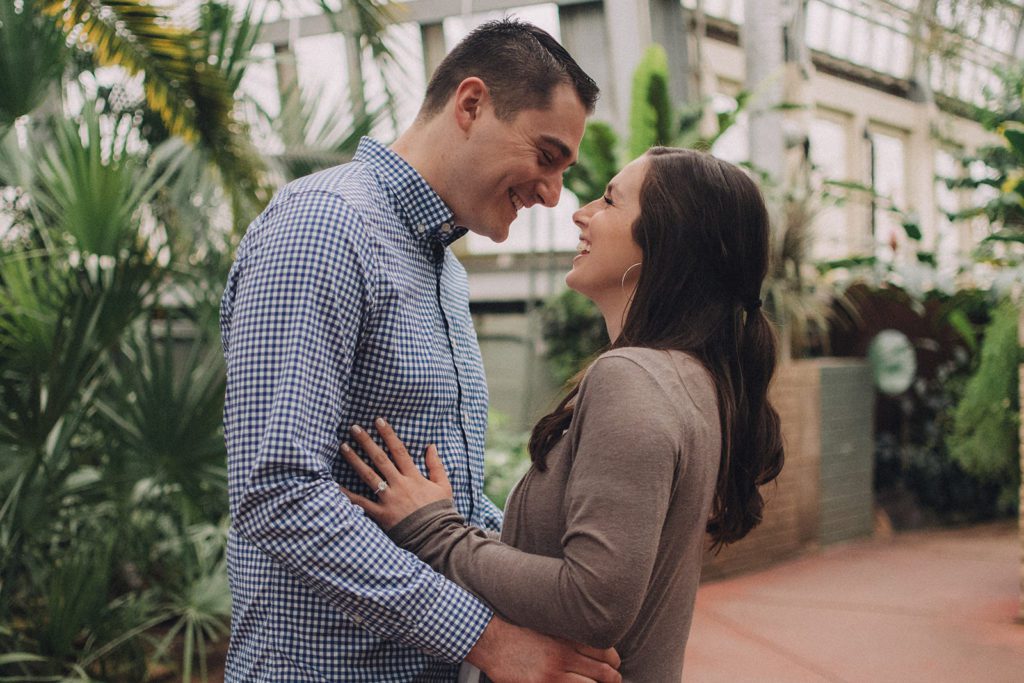

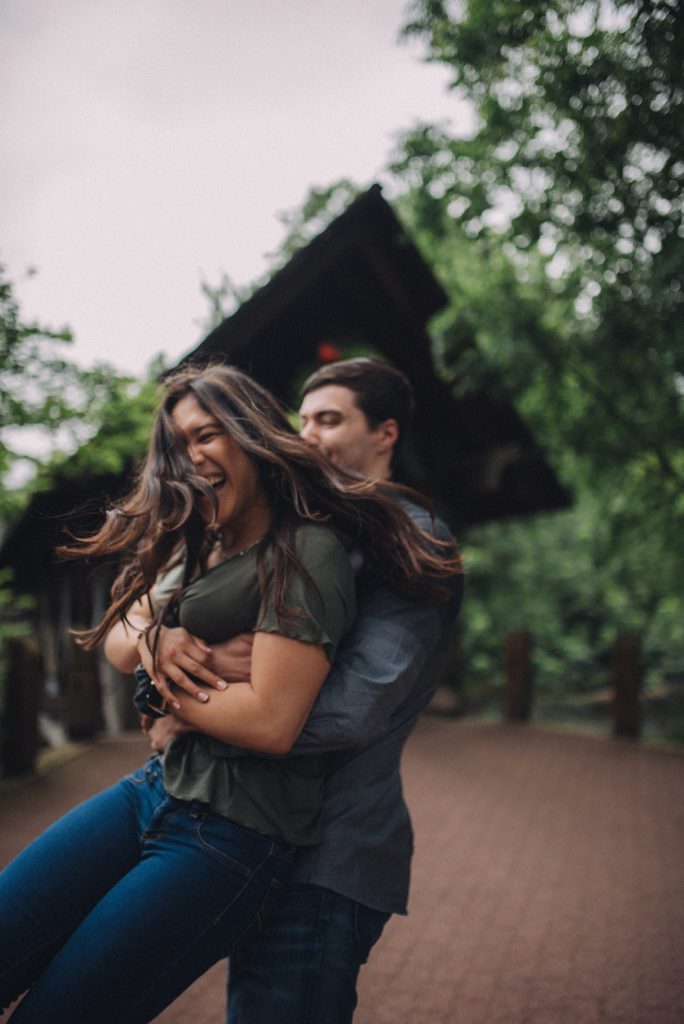

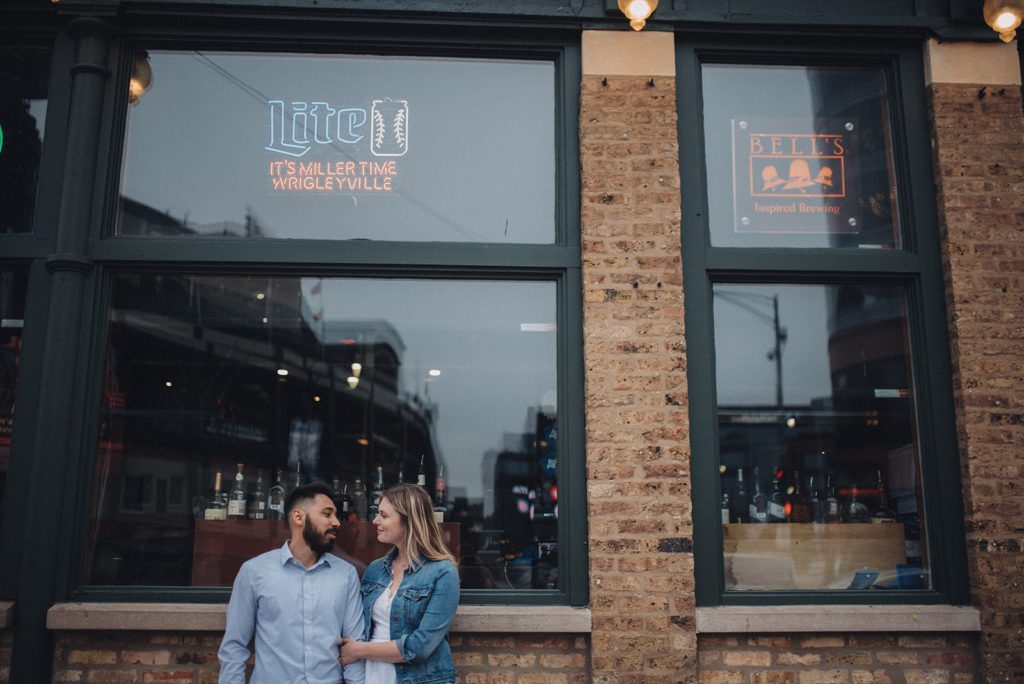



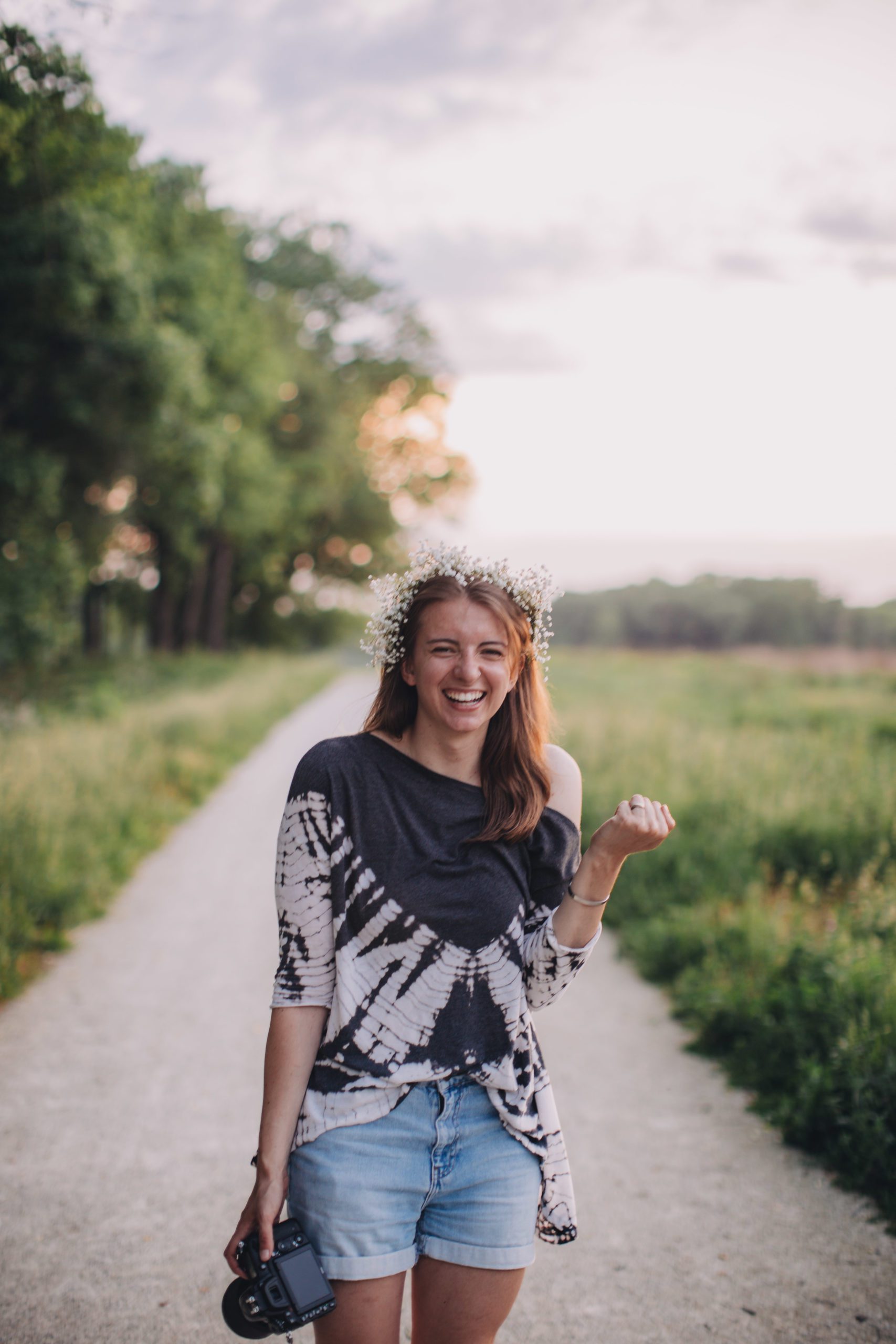
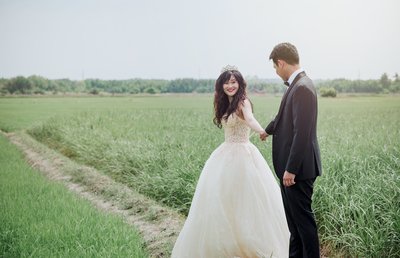
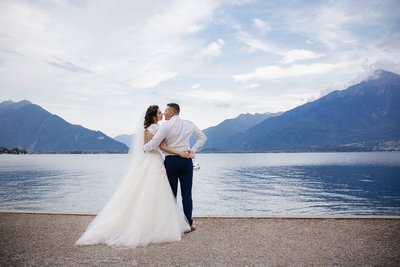
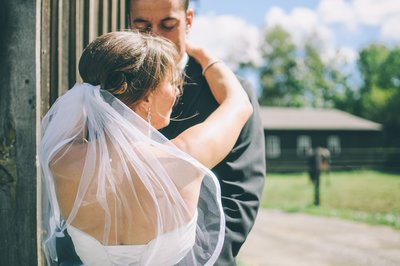
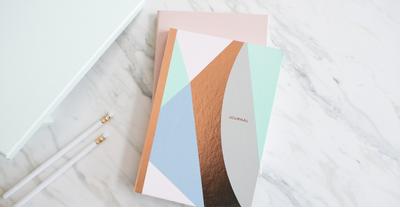







leave a comment